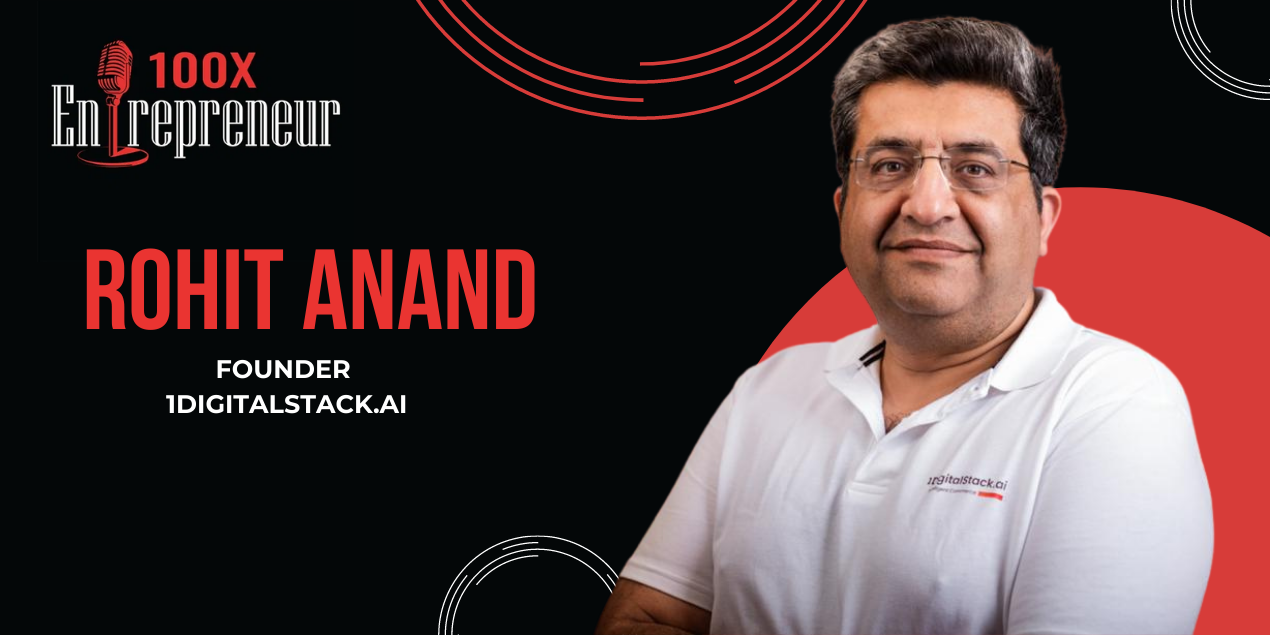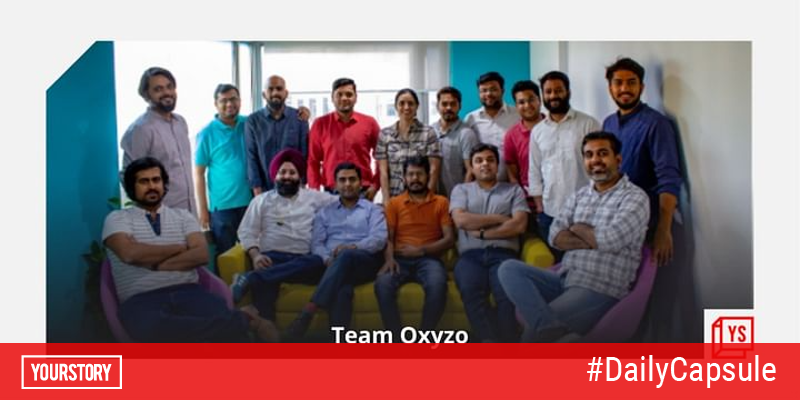
View from the sidelines by Venkatesh Krishnamoorthy No, this is not a rant about the philosophical side of entrepreneurship. It’s about a holistic understanding of entrepreneurship from my viewpoint. I am a copyeditor by profession. I was lucky to be trained by an academic, who was not by any measure intending to be a copyeditor anytime in his life. So he applied his academic acumen into principles of editing academic manuscripts (extended to editing any manuscript) to teach us what one of my friends called the philosophy of copyediting. It is a holistic outlook bereft of prescriptions. So, this viewpoint is not prescriptive nor descriptive. By which I mean I am not trying to define what entrepreneurship is or try to tell you how should you go about being an entrepreneur. But I will try to list some common traits that make entrepreneurship a successful undertaking.
Fishes swim, birds fly, startups die. This is a famous statement you often get to hear from Vijay Anand, The Startup Guy. Whether you like it or not, it is stark reality. Starting up is easy but keeping it going is difficult. For many reasons, the likelihood of your startup going under the cover is very high. But we humans are wired to think of happiness and success that we often forget the failures and disasters and lay them on the wayside. If you really looked at your whole life and put metrics on happiness and sadness, depressed states and exalted states and success and failure, the probability is you were sad, depressed, failed most number of times. But we don’t accept that into our mind. We are thrilled at success and happiness. We keep it as a pointer to keep going in life. The same applies to startups. You need to navigate through your successful points, keeping failures on the wayside.
Passion and real-time truths. Passion is most often related to startups. Merriam-Webster’s one definition of passion is “a state of desire or emotion that represents the influence of what is external and opposes thought and reason as the true activity of the human mind.” You are absorbed into some influence that is beyond your reason. Passion defies logic. Your success as an entrepreneur depends upon how you combine contrary logic of passion (read defying reason) and real-time truth of cash flow, scale-up and customers giving you business. You need to be hardcore business-like when it comes to certain aspects of business and run your imagination through your product or service. Never get imaginative at accounting, sales numbers or cash flow. To put it in a nutshell, you need to wear both white and red hats in a balanced measure. (Six hats of thinking -- white, objective reasoning state; red, passionate thinking devoid of reason state; yellow, positive thinking state; black, negative thinking state; green, creative thinking state; blue, calm, in control thinking state.)
Success and failure. There is no absolute success or absolute failure. It is like everything that is relative. Relative in your mind. Success is what you think and failure is what you think. But a successful startup is always that one which excites customers who are willing to pay. First, get your customers and make them willingly pay. So simple. That’s where all complexity lies. Will you buy an apple for Rs. 100? This is the same thought in every customer’s mind. How do you convince your customer to pay? Leave everything aside. As Peter Drucker said, ultimately, it’s customers who drive your business. That’s one dimension. Then how you manage paying customers, your people, your business model come into play. It’s a big canvas of paying customers leading to other positive developments that you need to design carefully to achieve success. Again, success is what you define. If you fail to win a million dollar deal, it’s not failure. And nothing is end of the world. Keep going. That’s what successful entrepreneurs have done. They smelled success at last. Again success is what you define. But only paying customers sustain your business.
Are you lucky? N.R. Narayana Murthy said, “I am lucky to be successful. There were many talented friends of mine who were not as successful as I was.” Luck is a simple occurrence of everything falling in place. It doesn’t happen to everyone. If you design a product or service, if customers lap it up with open arms and come to you again and again (also make other people come to you), then you are lucky. There are no defined parameters. It is just that you were able to meet their expectation without you being conscious of it. If a startup is successful, it means it had a fair share of luck too. But smelling and capitalizing on opportunities is what your common sense mind does. Never miss an opportunity if you smell it. Luck might or might not follow. If luck follows, you get there. Never brood over luck. Fortune favours the brave.
Entrepreneurship is just a state of mind. It’s a daring against convention of security, against constancy of life, against a bright sunshine and smiling faces. It is a curious state of mind that wants to find out what will happen if I did this, despite many people telling you that you will fail. Risk is an inborn characteristic of entrepreneurship.
Think of it. We follow successful people and copy them shamelessly. We think we would succeed like them but often we fall short or overshoot. Entrepreneurship is also an aspiration to be successful, to make a mark, to leave an indelible imprint, and change the world.
The two extremes are a student entrepreneur succeeding in his first year with a million dollar revenue and a seasoned pro failing, failing before succeeding at ten years. It’s all about designing your startup and aligning it with your customers (who are willing to pay, market (that responds to your offering positively), and people (who get excited about working for you). It’s just not once but time and again.






![[Startup Bharat] Y Combinator-backed BeWell Digital is enabling the digital transformation of radiologists](https://images.yourstory.com/cs/2/40d66ae0f37111eb854989d40ab39087/ImagesFrames31-1648033042143.png)


